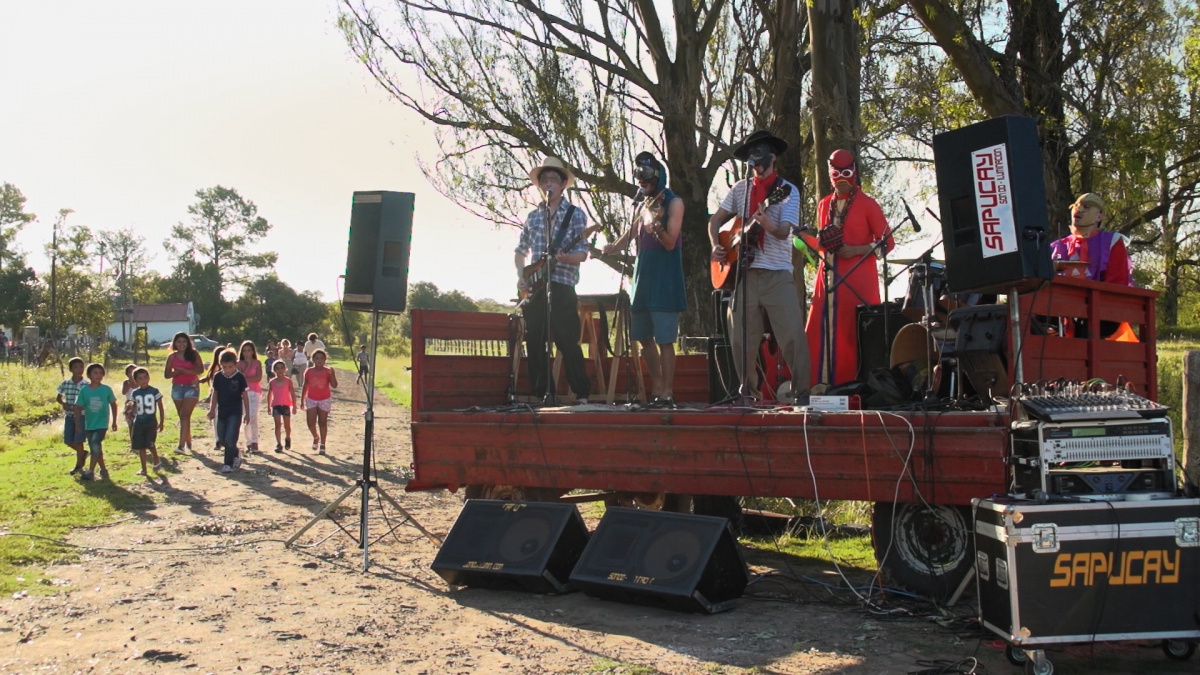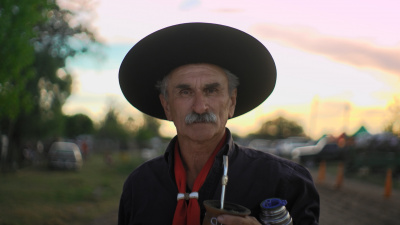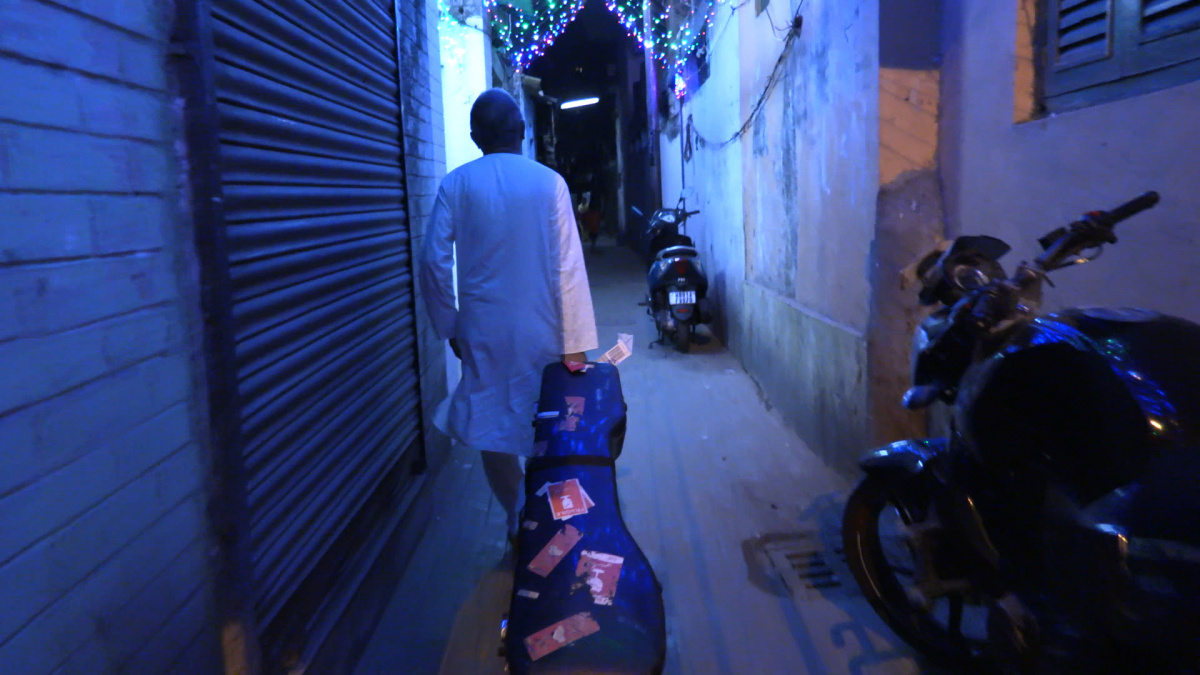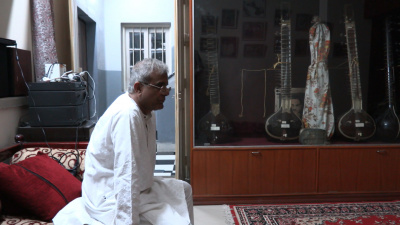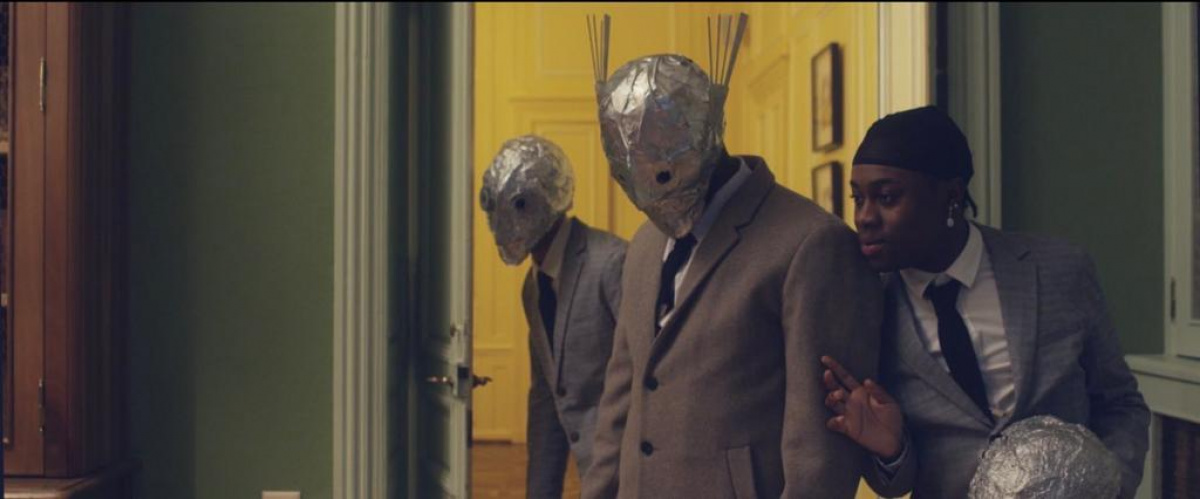
An Ode to Imagination
Artists often live a precarious life in which work rules everything. Their constant urge to be productive has intensified further in the pandemic. In this essay, our writer finds relief in the protagonist of the film Les Contes Du Cockatoo, who refuses to finish projects, instead trusting his imagination.
→ Check all articles of this special
→ Download PDF with introduction and table of contents
The scene has become familiar in pandemic times: New restrictions limit creative people in their ability to exercise their skills, do their job, earn their money. The media features artists or cultural workers left distraught by their stolen freedom. Expected to comment on the situation, the interviewees often voice a more or less vague frustration.
It’s not only the economic precarity that seems to fuel their anger, but also the requirement that they constantly justify the vitality of their practice. Yes, art is missed; yes, we do need to experience it live; and no, they are not going to explain, once again, why. Isn’t it difficult enough to deal with the social pressure that comes from being at the margins of the economic system?
The Next Project
The rhetoric demanded from artists reaches absurdity in the process of applying for financial support. The existence – or not – of these systems is already deeply excluding: An artist based in Germany, for example, is more likely to get support than in most other countries in the world. The conditions for applying are also discriminatory. Yet even the privileged ones who get through all these biases will need to prove their rights. Extensive documentation will be required, including long explanations of their artistic practice and its necessity. And of course, no evidence will be as powerful as records of past profits earned through the artistic activity.
Whilst this is not new, and applies to self-employed freelance workers at large, for many creative people the demand for legitimation seems now to have overtaken the simple and organic act of creating. In an early scene from Les Contes Du Cockatoo, the director, Varnish La Piscine, plays a waiter in an expensive restaurant. Walking towards the dining room with a fancy burger on one plate and a large piece of salmon on the other, Varnish is stopped by someone asking him about «his next project». Throughout the movie, the character repeatedly interrogates him: «Are you gonna let me in on your new project or not?» But the answer she gets is: «Go away». The Swiss musician and director is visibly bothered.
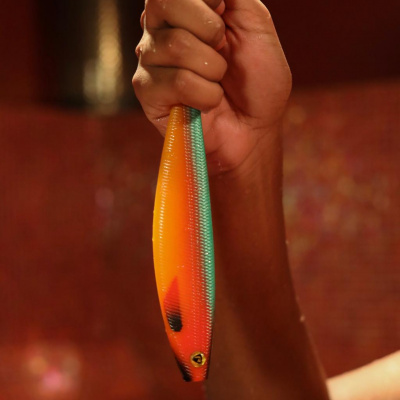
Like a Cockatoo
In fact, even from the outside, the «project» itself resists these questions. The film’s plot unfolds without «underlying connections», multiplying tones, and references; it relentlessly narrates and sings, as a cockatoo would. It’s hard to figure out what the film is trying to say, and maybe that is actually the point. We get the impression that Varnish cultivates a free relationship to his incredibly fertile imagination. Scenes seem to jump straight out of his mind and be organically developed in a fashion similar to surrealism. It might be that trying to answer those what-are-you-currently-working-on questions would interrupt Varnish’s creative process.
Released prior to COVID-19, Les Contes Du Cockatoo is not a commentary on a pandemic that even the most creative science fiction authors struggled to foresee. Yet, an ode to vital imagination, the movie humorously blooms in every direction. In a commission-based economy where artistic projects tend to be predicted and therefore predictable, it’s a reminder that truly surprising results may actually come out of the unknown. Some Cockatoos are endangered. And in a fierce capitalistic system, even the most tireless creators may be under threat.
The film «Les Contes de Cockatoo» by Varnish la Piscine and Rhony Sutriesno was officially selected at the Norient Film Festival NFF 2021. See full program here.
This text is part of Norient’s essay publication «Nothing Sounds the Way It Looks», published in 2021 as part of the Norient Film Festival 2021.
Bibliographic Record: Rhensius, Philipp. 2021. «Editorial: NFF 2021 Essay Collection.» In Nothing Sounds the Way It Looks, edited by Philipp Rhensius and Lisa Blanning (NFF Essay Collection 2021). Bern: Norient. (Link).
Biography
Published on January 27, 2021
Last updated on April 09, 2024
Topics
How does this ideology, but also its sheer physical expressions such as labor affect cultural production? From hip hop’s «bling» culture to critical evaluations of cultural funding.
From machine-assisted musicking to the struggle of creating under precarious circumstances and in a world in which work rules everything.
Snap

